In 2014, American theologian Elizabeth Johnson wrote a wonderful book that included in its title Ask the Beasts. Job 12:17 continues,
“ask the beasts and they will teach you.”
We have not long celebrated the feast of Christmas, “when the Word became flesh and dwelt among us.” This celebration of the birth of Jesus is surely a celebration of new life.
Here in New Zealand, summer is coming, albeit slowly, and I have been struck by signs of new life all around me. We read in Psalm 8 that God has given us dominion over the works of God’s hands, all of them have been placed under our feet, sheep, oxen, beasts of the field, bird of the air, and fish of the sea. I wonder if we deserve such responsibility, when I read about yet another baby being bashed to death somewhere in Aotearoa, when I read about present and future bio-diversity loss, when I read about the appalling loss of life in the Middle East, Ukraine, and the Democratic Republic of Congo. We are not that great at caring for life.
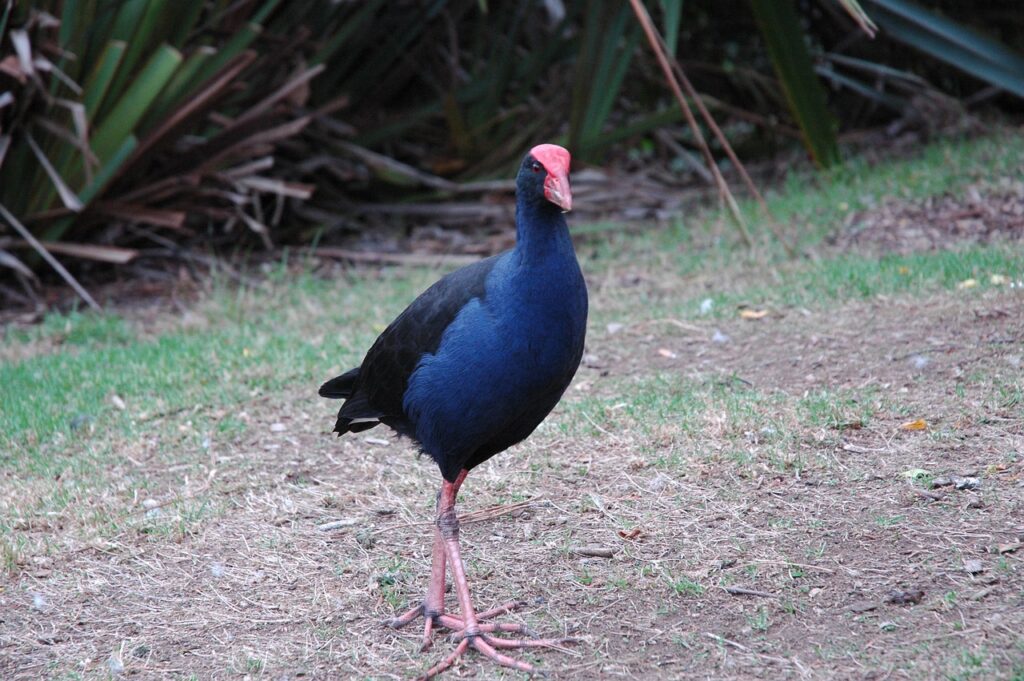
Here at home, we have pukeko (sometimes called “swamp hen”), pheasants, and quails, all of whom nest on the ground. This means that little bundles of fluff are soon out and about as it is too dangerous for them to be left unattended in ground nests given the on-going surveillance of hawks in the skies above, and rats and stoats below. I never cease to be amazed at the watchfulness of the parent birds over their young.
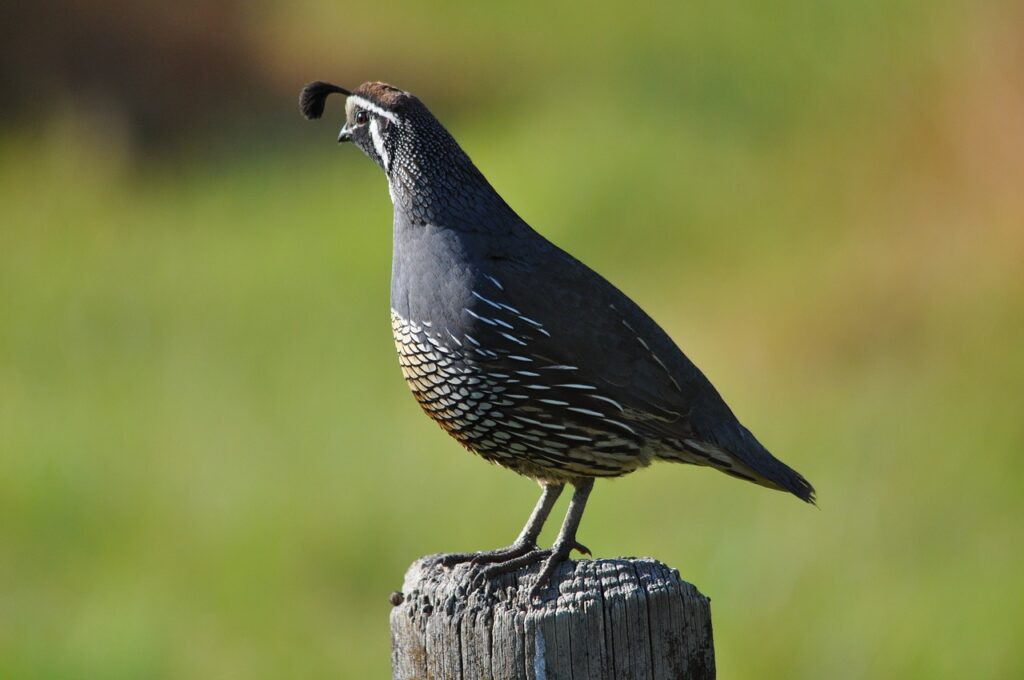
One quail seems to be designated “official watcher” and sits on a fence post while adults and chicks feed away underneath. The pukeko too are assiduous guardians with somewhat negative results for our garden. They can be seen foraging around for food and then running back to the relative safety of the paddock where other adults are safeguarding the young. The pheasants do something very similar.
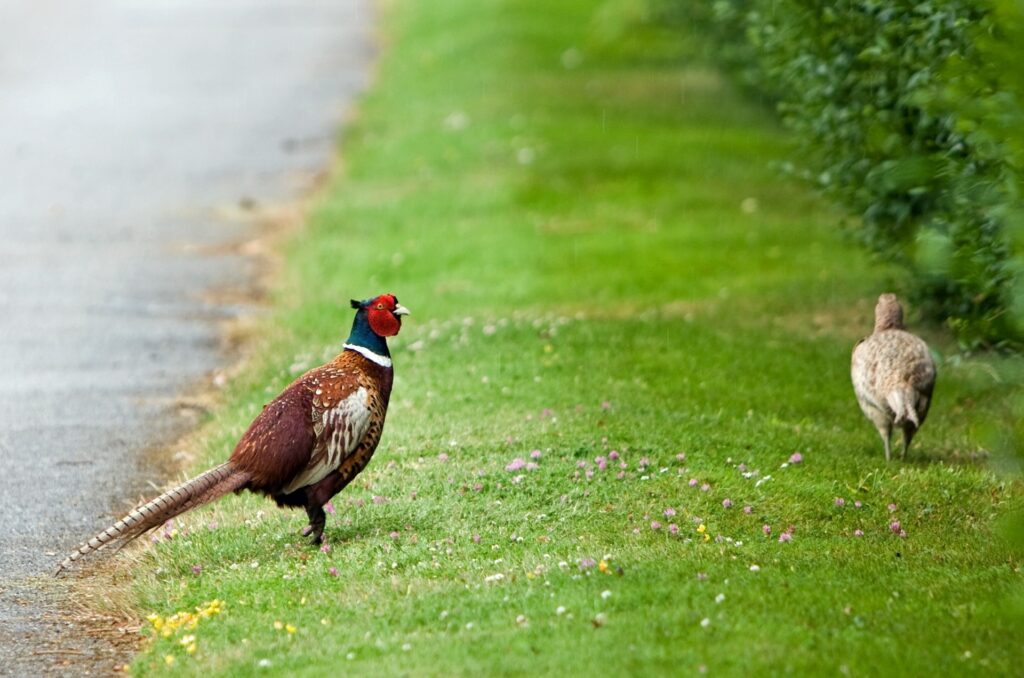
Human babies and toddlers are likewise in danger and it is a real tragedy when we learn from the media about those parents who forget their role as carers and nurturers of life and become destroyers of life.
Matthew’s gospel reveals that Mary and Joseph’s child needed protection from King Herod, who was determined to destroy all those whom he thought might constitute a threat to his privileged position as despotic king in Galilee. Like the pukeko, quail, and pheasants, Mary and Joseph provide a wonderful example of what parenthood means. We all need to protect and care for new life whether it be flora or fauna, Mother Earth, air, or water. May 2024 be a year that shows humanity more concerned about care of life than the awful destruction of life that we have seen in 2023.
Susan Smith RNDM is a lecturer emerita in The University of Auckland’s Department of Theology. Her PhD was on developments in Catholic missiology after Vatican II. After her retirement from The University of Auckland, Susan also provided NT modules for the University of Newcastle, Australia, and a Women in Leadership module for Duquesne University. Susan lives with another member of her congregation in Whangarei, New Zealand, where both are committed to exploring experientially what it means to live in an eco-community. Both are involved in neighborhood environment organizations. They are particularly interested in what might shape eco-spiritualities in New Zealand.

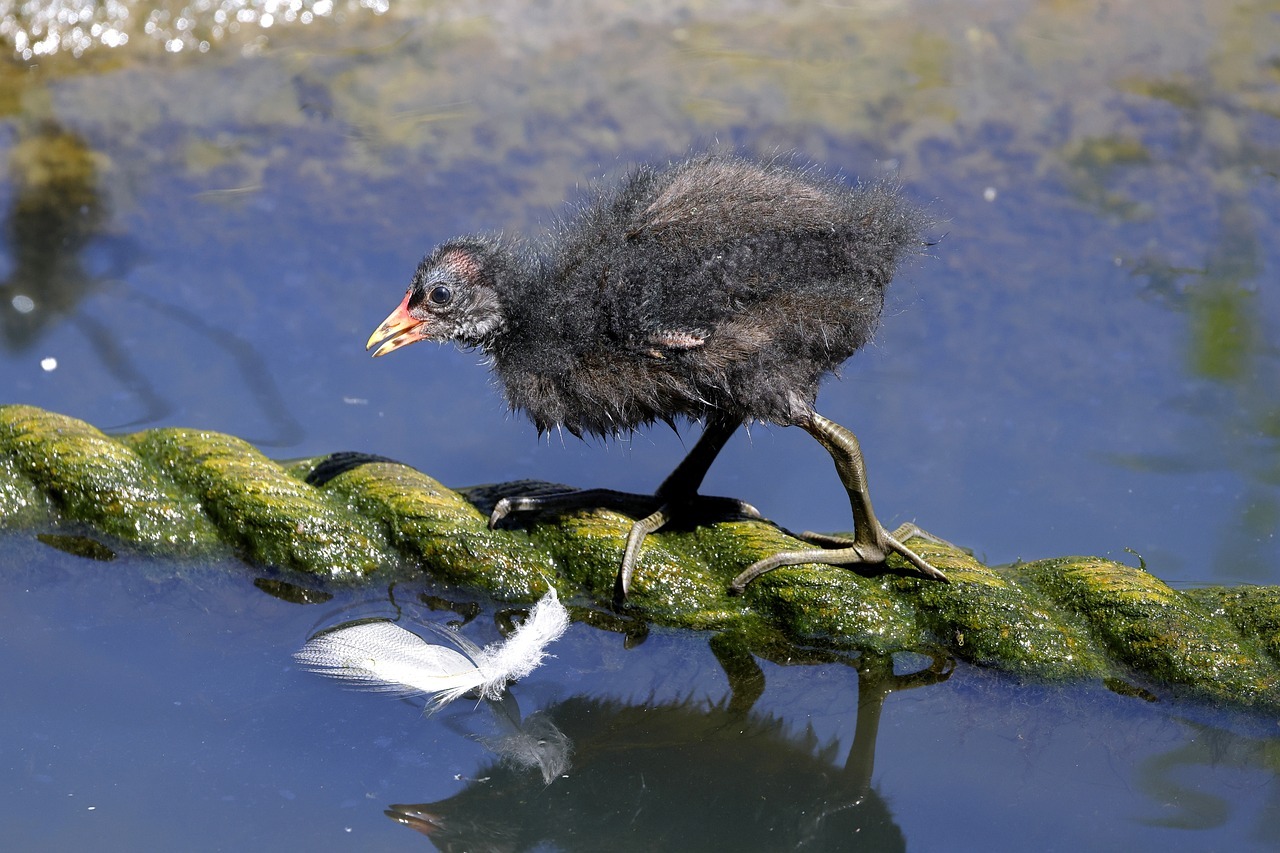

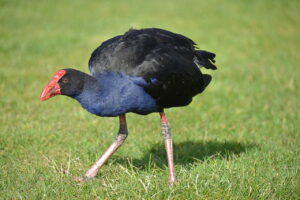

The line you cite from Job, “ask the beasts and they will teach you” is certainly evocative, inviting me/us to engage the wisdom of creation available to us on multiple fronts.
Your description of the protective vigilance evident in New Zealand birds like the pukeko, quail, and pheasants, is a helpful reminder of the complex dynamic of care that seems to be built into all interacting systems of creation – including us humans..